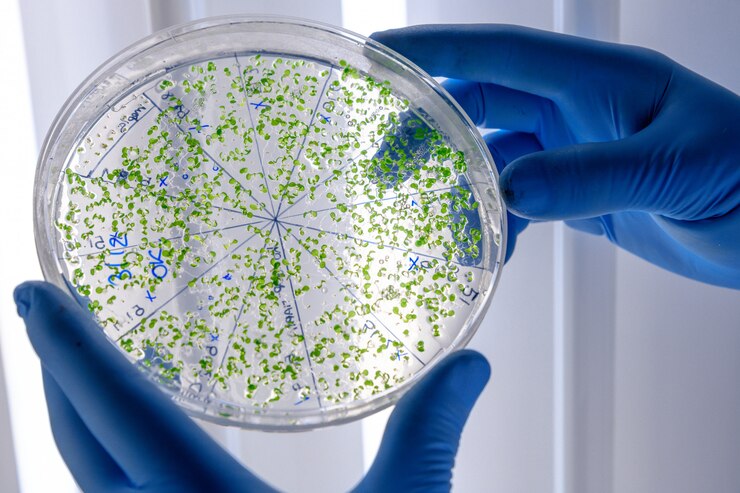In a world where the demand for food is ever-increasing, redefining the landscape of agriculture becomes paramount. Contract farming emerges as a powerful strategy, offering a pathway to transform the future of agriculture for a burgeoning population of 7 billion. This article delves into the key aspects of implementing sustainable and inclusive contract farming models to address the challenges and opportunities that lie ahead.
1. Fair Agreements for Farmers:
One of the cornerstones of effective contract farming is establishing fair agreements between farmers and buyers. Ensuring that farmers receive equitable compensation for their produce encourages long-term commitment and fosters a sense of stability in the agricultural sector. By promoting transparency and ethical business practices, these agreements become a catalyst for positive change.
2. Eco-friendly Practices:
Sustainability is at the heart of the future of agriculture. Contract farming models should emphasize eco-friendly practices to minimize environmental impact. Encouraging the use of organic farming methods, precision agriculture, and water-efficient technologies not only safeguards the environment but also contributes to the production of healthier and more resilient crops.
3. Technological Integration:
The integration of technology is pivotal in optimizing contract farming for a global population. Smart farming techniques, such as IoT devices, drones, and data analytics, empower farmers with real-time insights. This not only enhances productivity but also enables efficient resource management, reducing waste and promoting sustainability.
4. Inclusive Practices:
To truly revolutionize agriculture, contract farming must be inclusive. This involves providing support to small-scale farmers, women, and marginalized communities. Access to training, financial resources, and market information empowers these groups, creating a more equitable and diverse agricultural landscape.
5. Data-driven Decision Making:
Harnessing the power of data is crucial in making informed decisions. Contract farming can benefit from data-driven approaches to analyze market trends, predict crop yields, and optimize resource allocation. This not only enhances efficiency but also allows for proactive measures in adapting to the ever-changing dynamics of the agricultural sector.
6. Resilience Against Climate Change:
Climate change poses a significant threat to global agriculture. Contract farming models should incorporate resilience strategies to mitigate the impact of extreme weather events. This includes promoting climate-smart practices, investing in drought-resistant crops, and building adaptive capacity within farming communities.
Conclusion:
In conclusion, the future of agriculture for 7 billion people lies in the transformational potential of sustainable and inclusive contract farming. By establishing fair agreements, embracing eco-friendly practices, integrating technology, promoting inclusivity, and adopting data-driven decision-making, we can build a resilient and thriving agricultural system that not only meets the growing demand for food but also ensures the well-being of our planet and its inhabitants.




